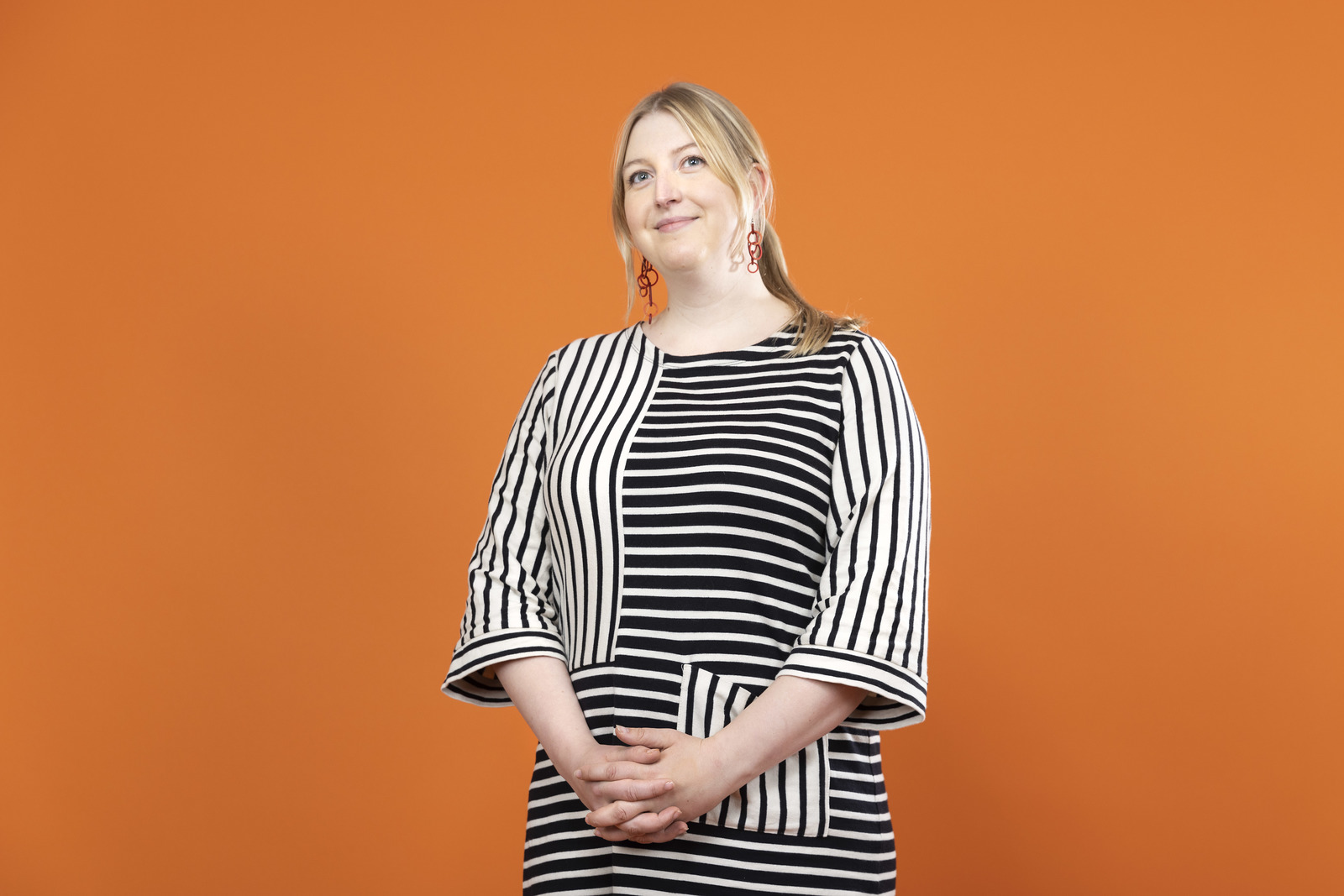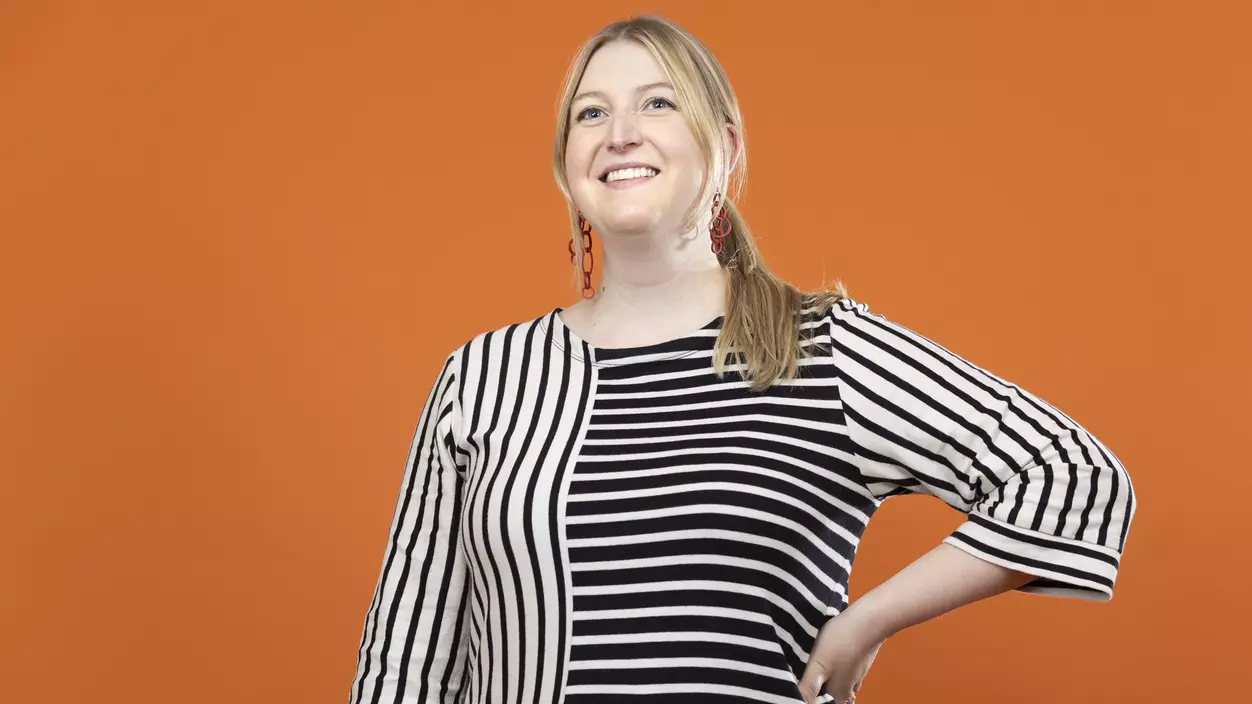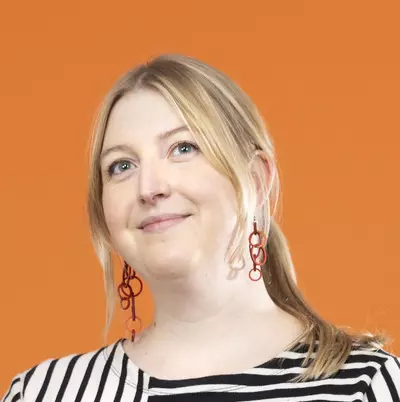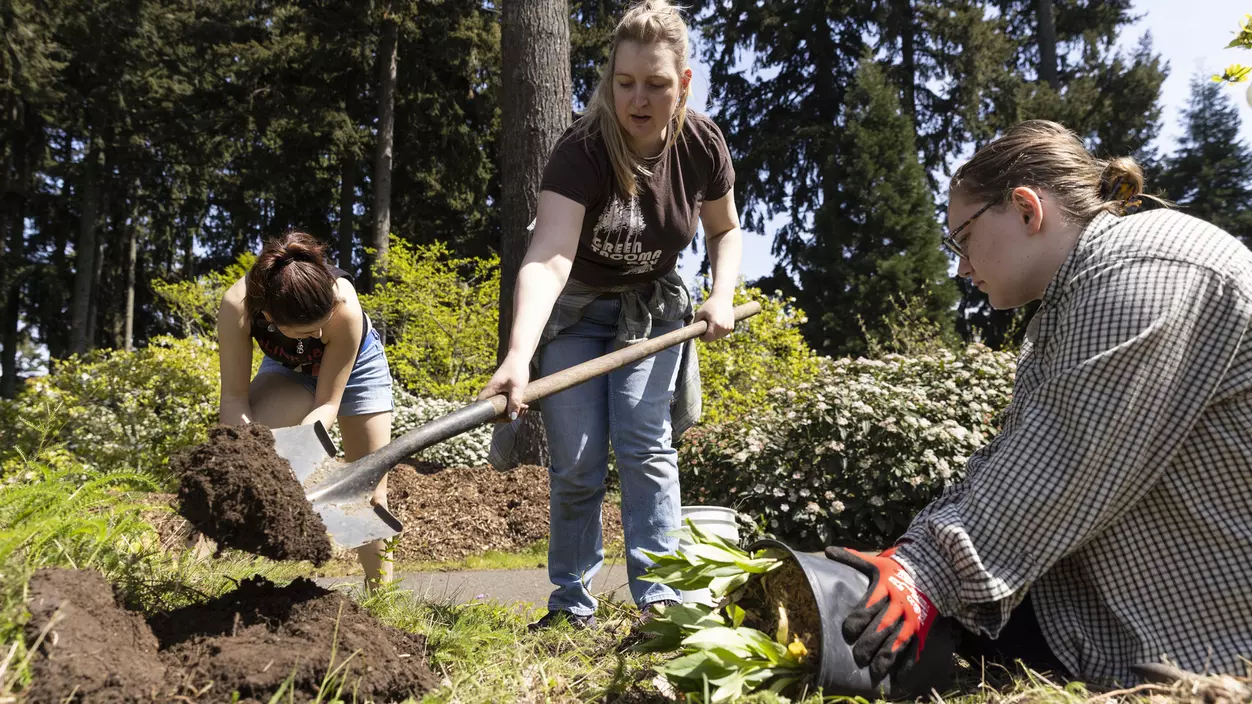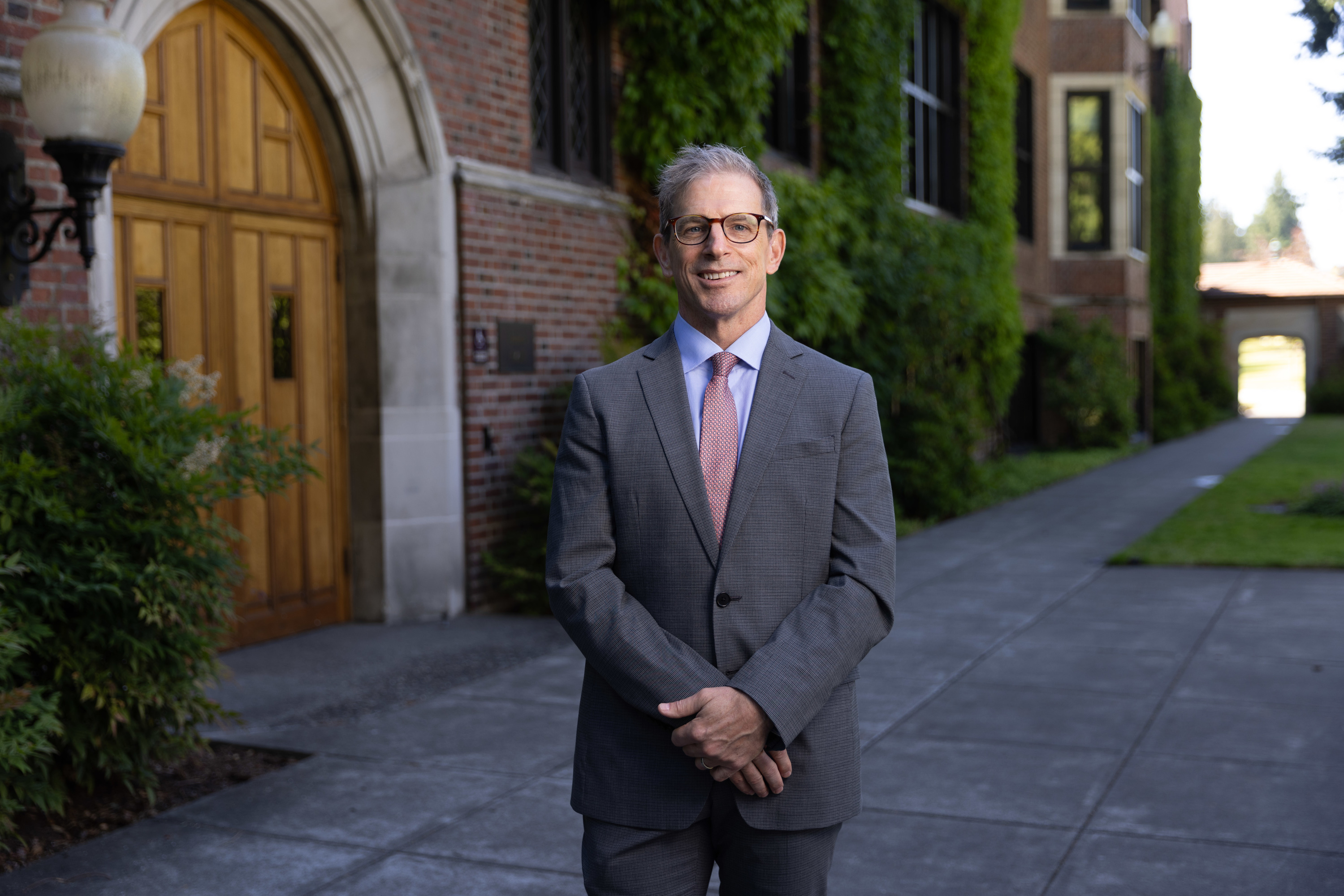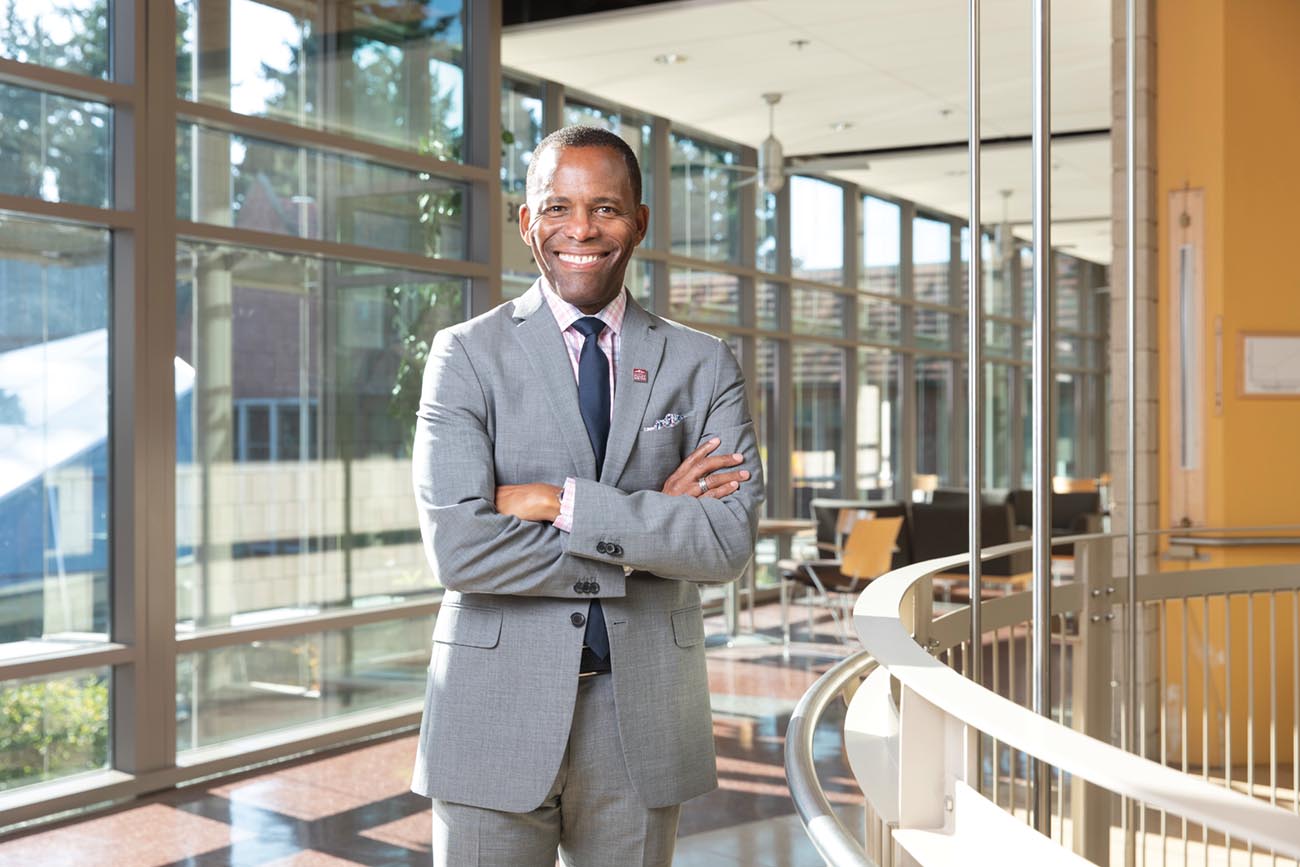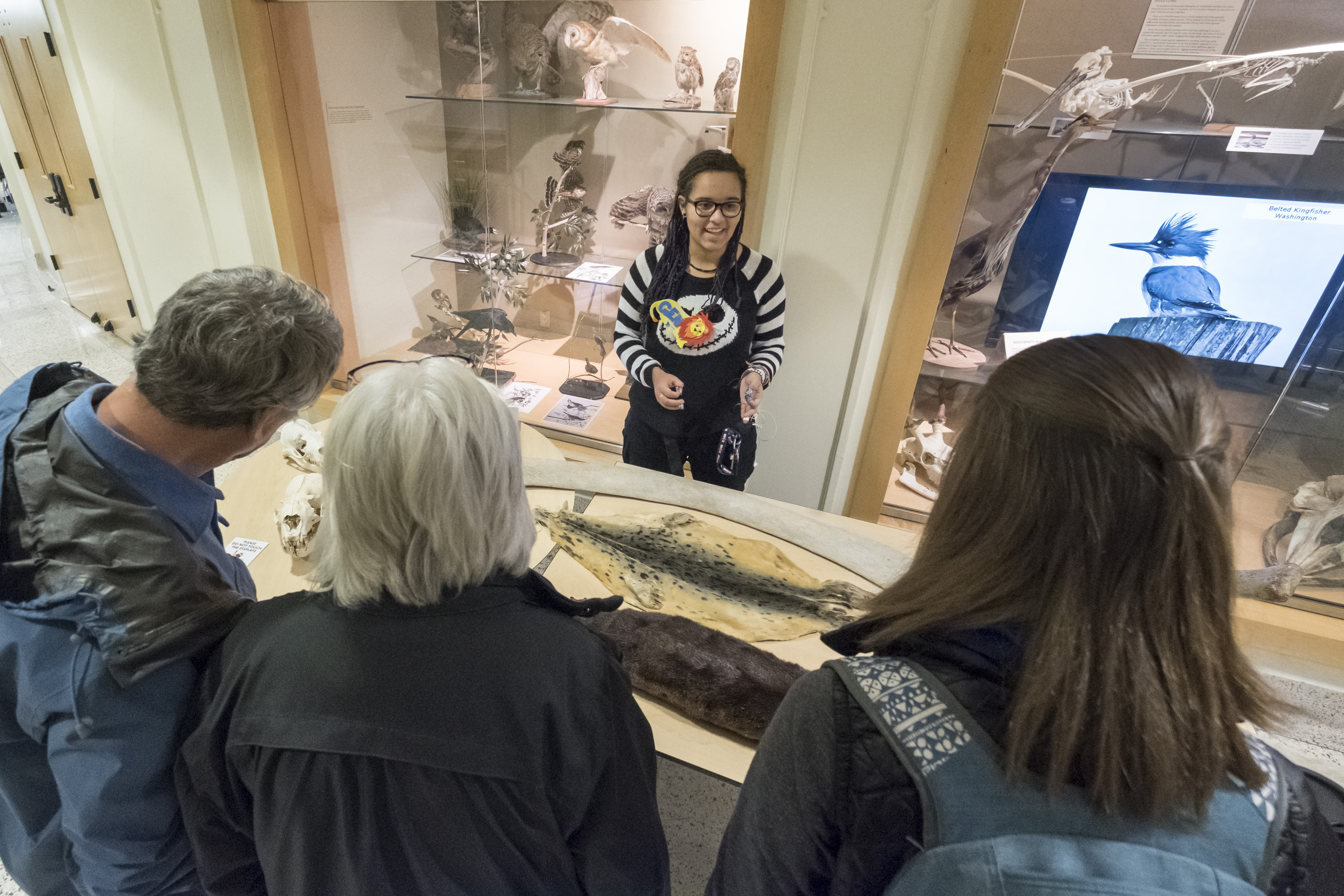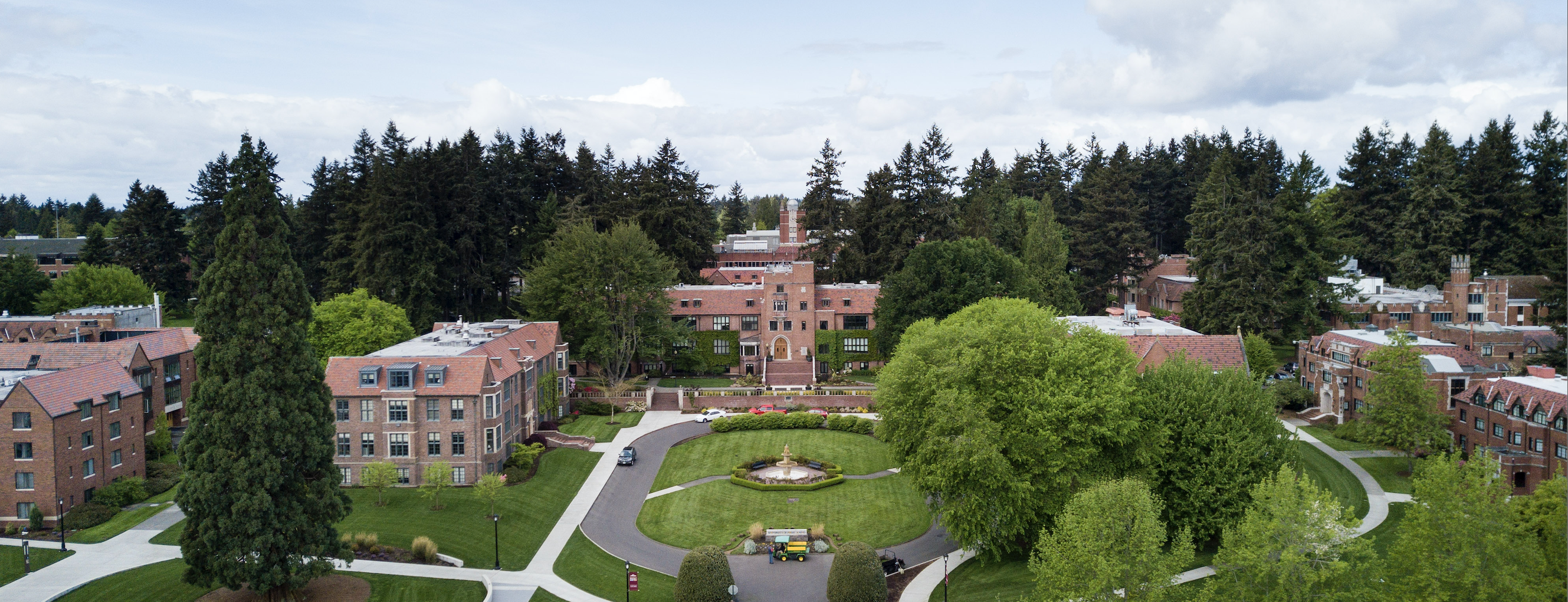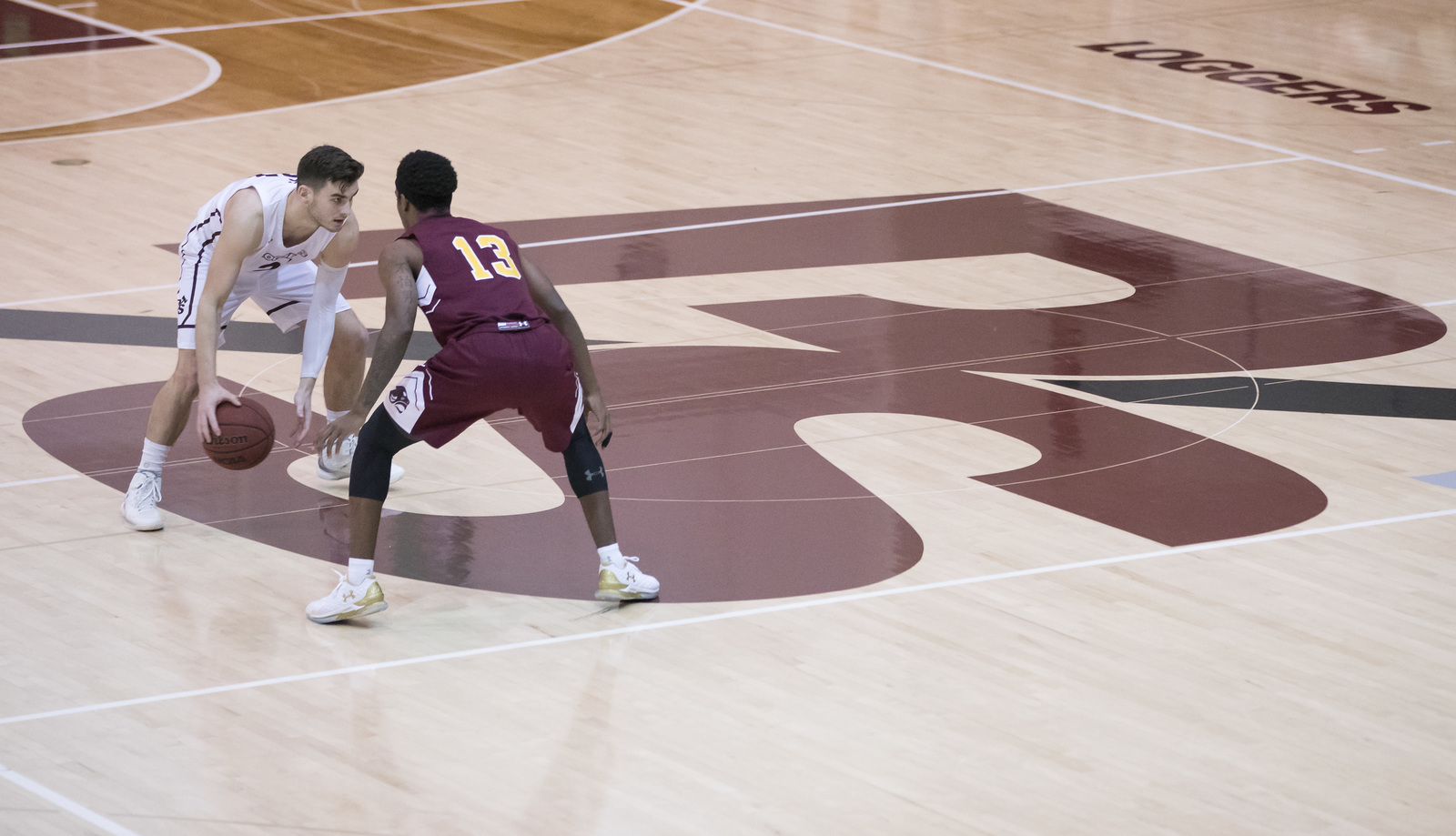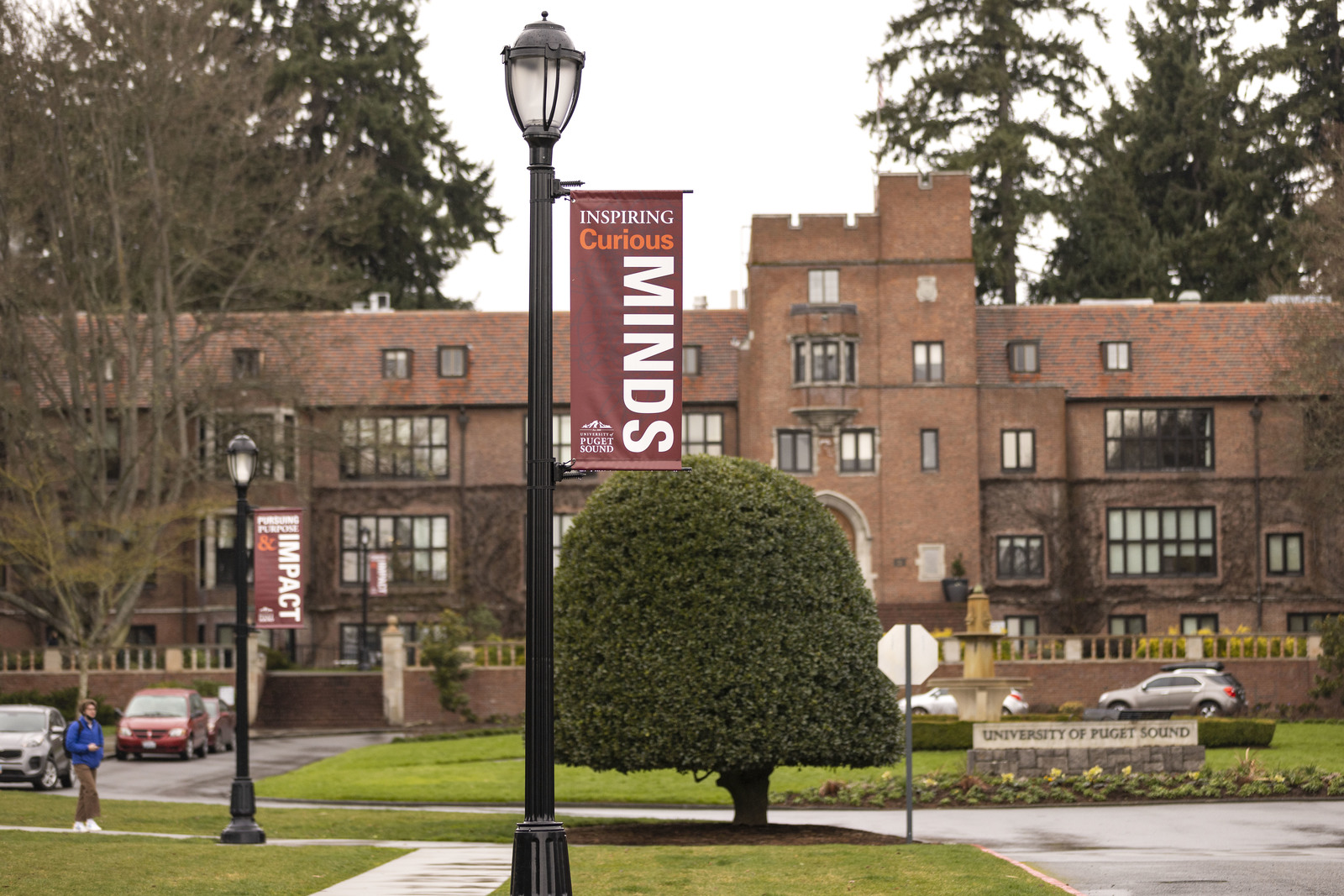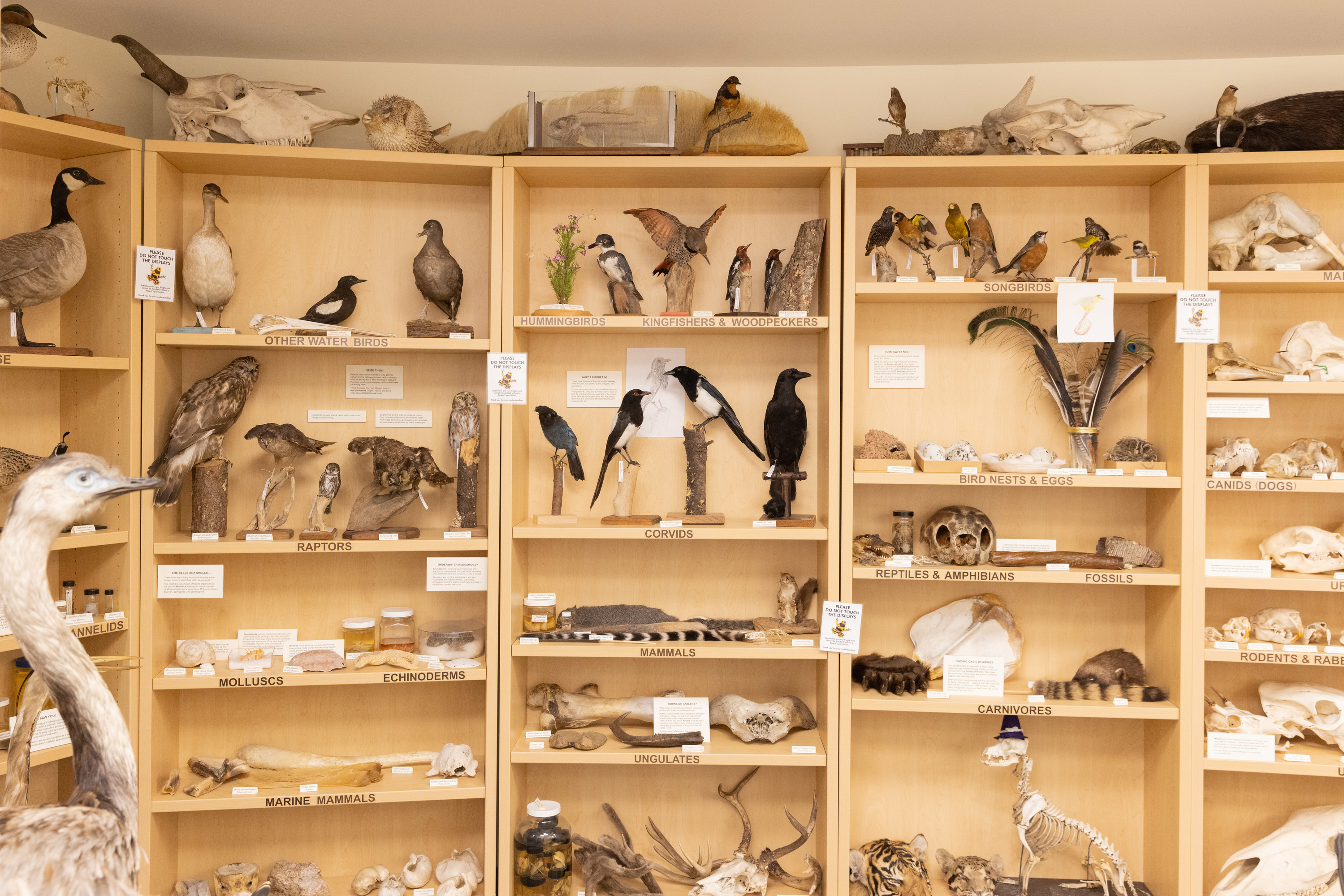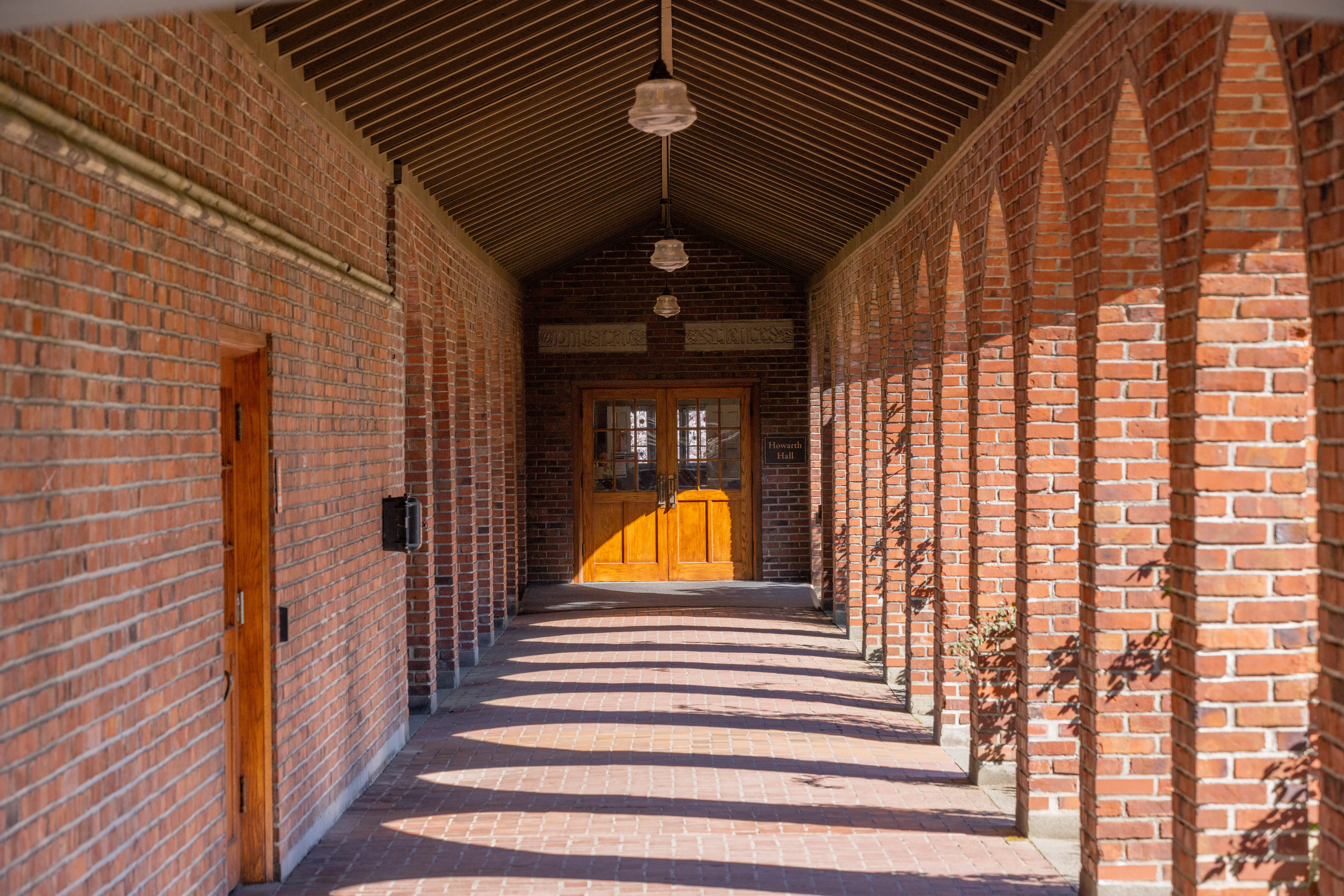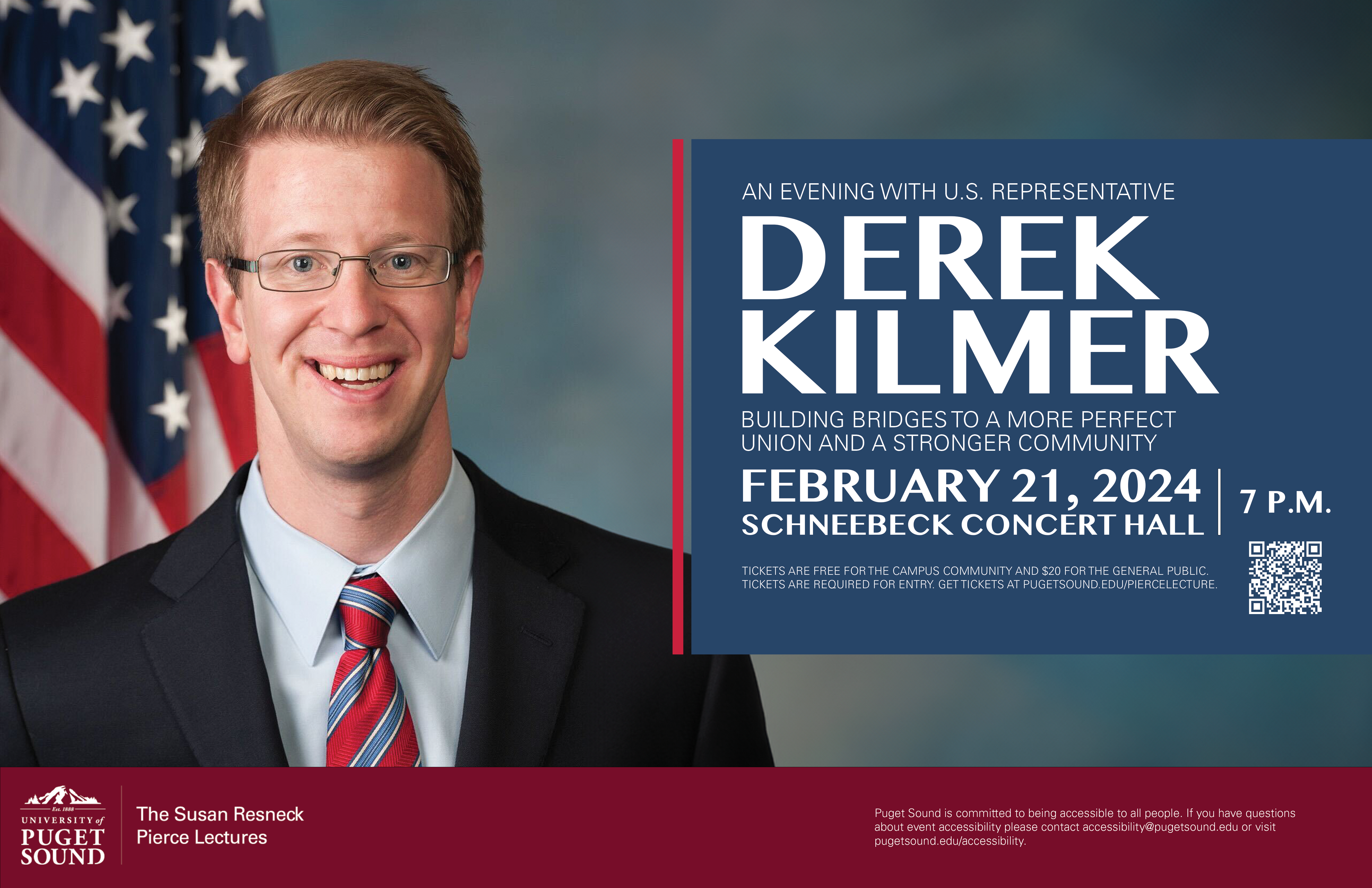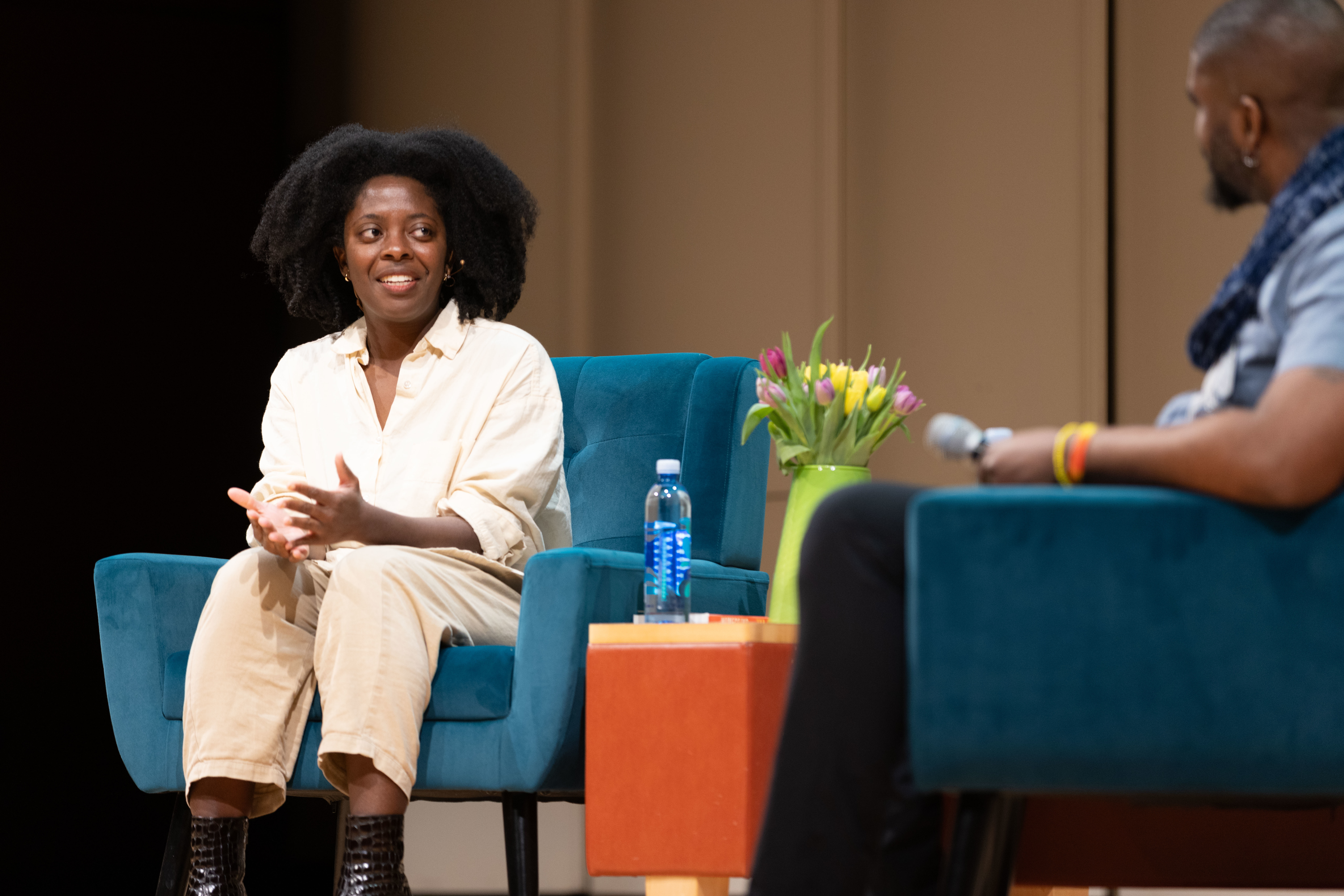Brewer to begin work on a campus climate action plan in fall 2022
Lexi Brewer considers herself a sustainability generalist, having worked with city government, nonprofits, and the National Oceanic and Atmospheric Administration before becoming University of Puget Sound’s director of sustainability. Since March 2022, she’s has been getting to know the campus community and starting to lay the foundations for new initiatives to help Puget Sound achieve its environmental goals. We recently sat down with Brewer to discuss the new role, how environmental justice has to figure into any climate plan, and more.
Q: What brought you to Puget Sound?
A: I actually have undergraduate degrees in oceanography and Finnish language, and it was through oceanography that I was first introduced to climate science and the idea of climate adaptation. I was really interested in that because, in spite of the doom and gloom, there are steps we can take to make sure that we are prepared for climate change and to mitigate some of its effects—even if we can’t halt it. That interest in climate adaptation led me to pursue a graduate degree in environmental policy at University of Michigan. When I saw the position here at Puget Sound, I knew I had to apply for it. I grew up in the area, I took community music classes here, and I used to babysit for a professor here. Even though I didn’t attend Puget Sound, coming to work here felt like a homecoming.
